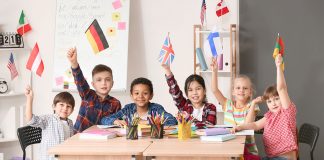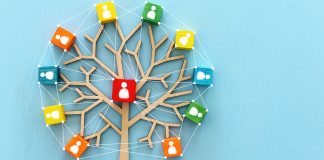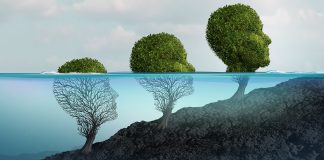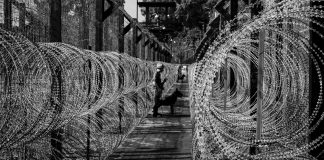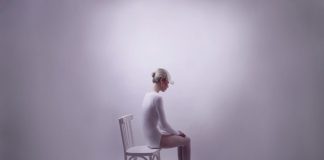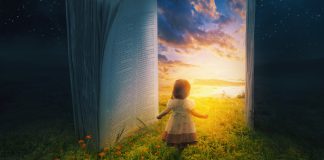The bilingual child’s advantages
The child’s linguistic appetite must be stimulated from an early age, experts say, highlighting that the benefits the bilingual child reaps extend beyond the linguistic sphere.
Hungry for youth and immortality
Crouched in the trenches of the horror of old age, modern individuals no longer wish to recover anything from the natural ageing process that their ancestors practised with such serenity. On the contrary, the first signs of physical decline become the raw material for a wide range of efforts (from picturesque to sickly) to forge a youth that the mirror refuses to restore.
What’s growing on your family tree?
From a distance, it looked like a simple picture of a tree: nothing very artistic—more of a sketch in subtle shades of brown and green. But as I looked closer I noticed something unusual. The tree had been constructed out of words and phrases. Someone had collected snippets of information about their family and their ancestors, and written it down to form the...
I’m the only one who can solve my problems: True or false?
The problems that arise in our lives are nothing more than cognitive obstacles that we don't immediately have the skills to overcome. The most important question when we get stuck is: do I ask for help or do I solve my problems myself?
How to forge friendships from resilient material
The whirlwind of activities and deadlines that adult life throws at us often makes us resistant to closeness. We abandon old friends and neglect building new relationships until inevitably, the day comes when we start feeling pressed against the self-erected walls of loneliness.
Leaving home without leaving your parents
The sun was shining on that wonderful July Sunday when you were enjoying your summer vacation. Your parents were with you on your walks in the park and watched you ride your bike without the slightest care in the world. Their smile gave you hints of the purest parental love.
From bootless boy to life-changing footballer
Footballers are often in the headlines for their off-field antics more than their on-field achievements. So, it is no real surprise that the greatest story...
The homeless influencer. An open ended story
Joaquín Carmona had 16,000 followers on Twitter, and his posts about Spanish athletics were appreciated even by sport professionals. None of his followers had ever met him in person, and when silence fell on his account for three months, people began to look for him, write to him and ask who Carmona really was.
“You have to give up being human to endure and survive” | Life in the North Korean prison system
Rape, torture, extrajudicial executions, and starvation are common practices in the North Korean prison system, dehumanising detainees to the point where they believe they deserve this treatment, according to a report published by a human rights monitoring body.
Myths about introverts
Introverts are said to be shy, quiet, withdrawn people who like to spend time alone, or who don't like people. Most of this information is incorrect.
Procrastination: Why we procrastinate and how to win the war on ourselves
Procrastination is self-harm, psychologist Piers Steel says. A kind of self-harm that we can become addicted to if we do not detect the reasons behind it and especially the effective strategies to counter it.
EURO 2020: Is Christian Eriksen a victim of the show?
When 29-year-old Danish midfielder Christian Eriksen suddenly collapsed while playing against Finland at the 2020 European Football Championship, some professional players were provoked to protest against the overloaded competitive schedules of many footballers.
“Love yourself” | How biblical is the concept of self-care?
Widely discussed in recent years, the term self-care generally refers to focusing on the needs and goals that contribute to our well-being. “Love yourself!” has become the motto of this “ultimate form of self-care,” which some Christians see as a stepping stone toward loving and caring for others. But just how biblical are the ideas of self-love and self-prioritization—concepts so deeply woven into...
Educating for the family in heaven
Throughout her life, Ellen White wrote extensively on the subject of religious education for children. This material is a selection of her writings.












